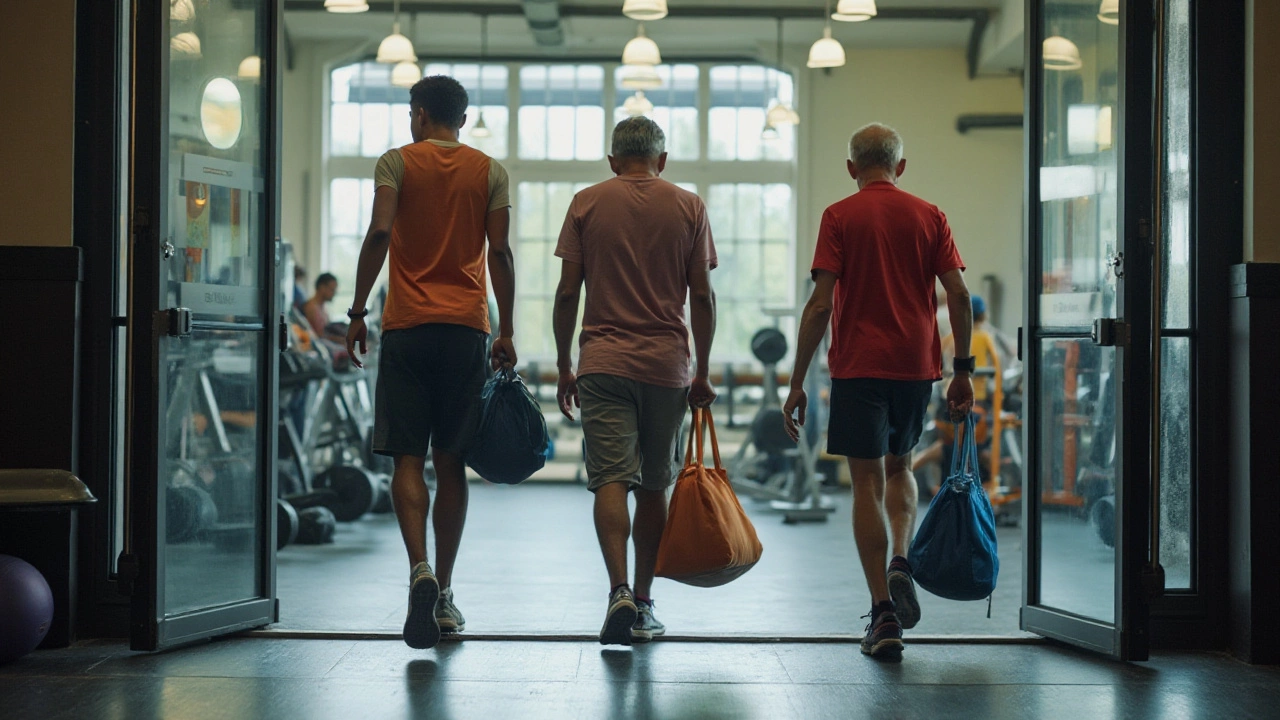Best Age for Sports: When to Start, Peak, and Keep Going
Ever wonder if you’re too young or too old to start a new sport? You’re not alone. Athletes, parents, and fitness fans all ask the same thing: when is the perfect time to dive in? The answer isn’t a one‑size‑fits‑all, but there are clear patterns you can use to plan your training.
Starting Young vs. Late Bloomers
Kids who join organized sports before age 7 usually develop basic motor skills faster. That early exposure gives them confidence, teamwork habits, and a body that’s used to moving in many directions. But starting later isn’t a penalty. Adults who begin at 25‑30 often bring stronger mental focus and a clearer idea of why they want to improve. Research shows that consistent practice, not the exact start age, determines long‑term success.
If you’re a parent, aim for a balanced schedule. Two‑hour sessions a week with fun drills keep youngsters engaged without burning them out. For adults, a three‑day‑a‑week routine that mixes skill work, strength, and recovery works well. The key is to match intensity to the body’s current capacity, not an arbitrary age target.
Peak Performance Ages by Sport
Different sports have different “prime” windows. Here’s a quick cheat‑sheet:
- Endurance sports (marathon, cycling): Peak at 30‑35. The heart and lungs are fully developed, and years of aerobic training pay off.
- Power sports (sprinting, weightlifting): Prime around 24‑28. Muscle mass and fast‑twitch fibers are at their highest.
- Team sports (football, rugby): Best age 22‑28. You combine physical peak with tactical understanding.
- Skill‑heavy games (tennis, golf): Top performance can stretch to 35‑40 because technique often outweighs raw power.
These ranges are averages. Individual genetics, training quality, and injury history can shift the window forward or back.
So, what should you do if you’re outside the typical range? Focus on what you can control: smart training, proper nutrition, and recovery. Older athletes benefit from more mobility work and lower‑impact cardio, while younger ones should avoid heavy loads that could stunt growth.
In practice, set short‑term goals that align with your age group. A 16‑year‑old might aim to master basic technique, whereas a 32‑year‑old could target a personal best time in a 10K race. Adjust expectations as you age, but keep the love for the game alive.
Remember, the “best age” isn’t a deadline – it’s a guide. Starting at any point can lead to success if you train smart, stay injury‑free, and enjoy the process. Whether you’re 8 or 48, there’s a place for you on the field, the court, or the trail. So lace up, set a realistic plan, and watch your performance grow with every session.
Best Age to Start Gym: Fitness Tips You Need to Know

Deciding the optimal age to hit the gym can make a difference in one's fitness journey. This article explores the benefits of starting at various ages, whether in youth, adulthood, or later years. By understanding your body’s unique needs at each stage of life, you can tailor your workout routine effectively. Discover practical tips and insights to maximize your fitness results, regardless of when you begin.
